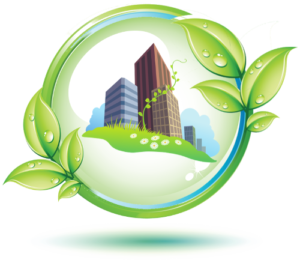Hints & Tips at WorkWe all want to do our bit. Safety, sustainability and energy efficiency are important to us all. Sometimes it’s the little things that can make a big difference, particularly when we act collectively. Here are some top tips to help at work. |
 |
Thermostatic radiator valves (TRVs) only limit the maximum temperature areas reach. It is a common misconception that they change how quickly an area heats up. Don’t turn them up thinking the room will heat up quicker.
Using lids on your pans when cooking will save energy and help heat the contents quicker.
Draught excluders are a cheap way of cutting out the chill from poorly fitting doors and windows. Most are also easy to fit, a simple DIY task.
Thermostatic radiator valves (TRVs) help ensure your heating is evenly distributed where you need it. Check them to make sure they are set properly so each area reaches the temperature you need and gets no hotter.
Some vulnerable people need to keep their homes warmer than normal. However, most of us can save money and energy by dressing for the weather and putting on a jumper before turning up the heating.
If you need to use a tumble drier, make sure you use a full load and keep the lint filter clean. It will keep your machine working more efficiently saving energy while also reducing any risk of fire.
Make sure your pans fully cover the rings on your hob to use all of the heat being provided. Use the right sized ring for the pan you are heating.
Properly used, dishwashers use less water and energy than washing dishes by hand. However, make sure you only wash full loads and don’t pre-rinse everything in the sink first unless it really needs it.
When was the last time you switched energy supplier. Regularly changing to the right tariff can save you money by reducing your energy costs. If you rent a property and pay the energy bills yourself the law says you should be able to choose your own energy supplier.
Boiling food on the hob? Only use the water you need to save energy.
